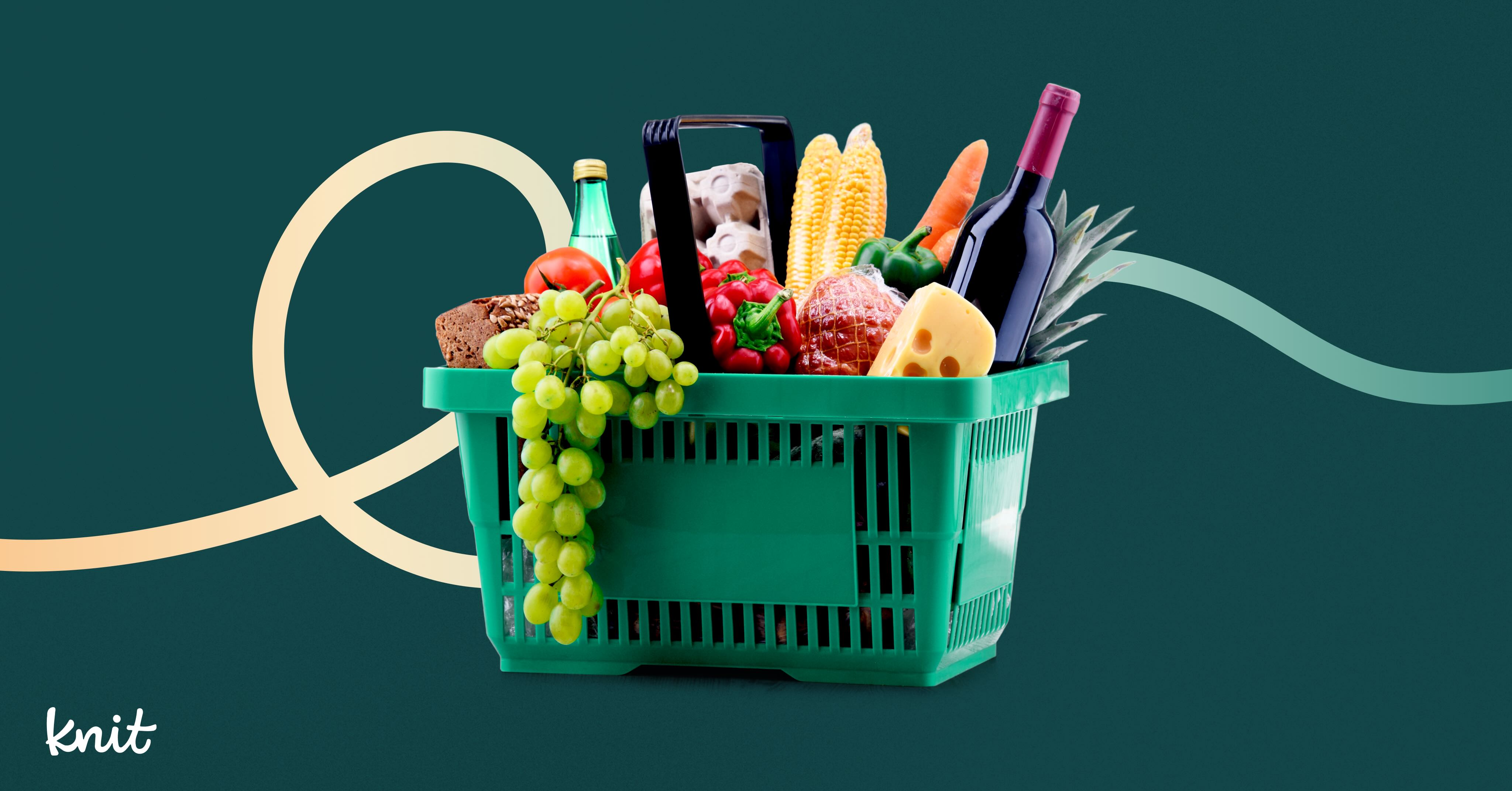The latest in AI & tech developments across the Insights space, along with a few trends and best practices across multiple industries and use cases.






Please try different filters.

Putting it simply, "AI-Powered Insights" solutions are falling short. Unintuitive. Inefficient. Uncontrollable – removing the researcher from the parts that matter most. At Knit, we believe in a different path – one that begins with you. Meet Researcher-Driven Al.
